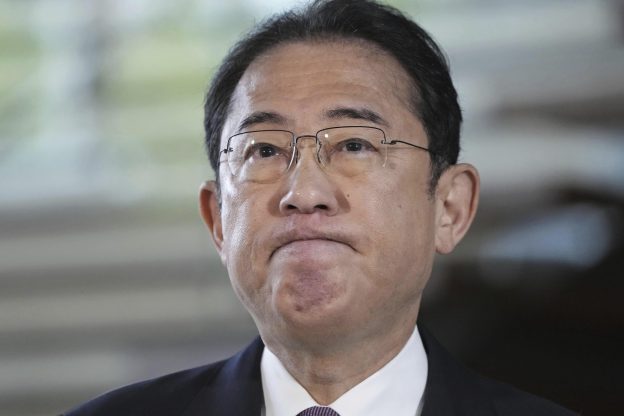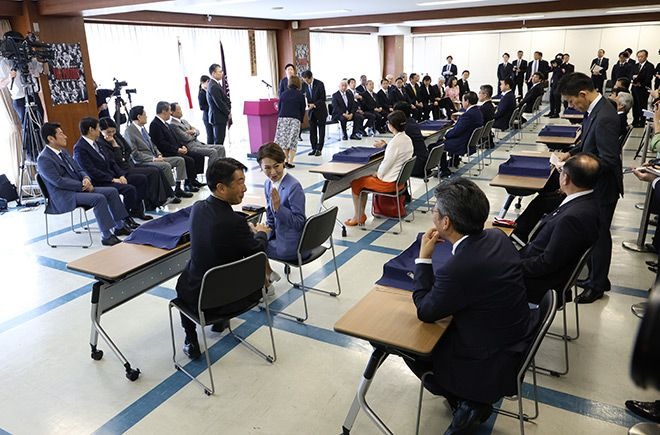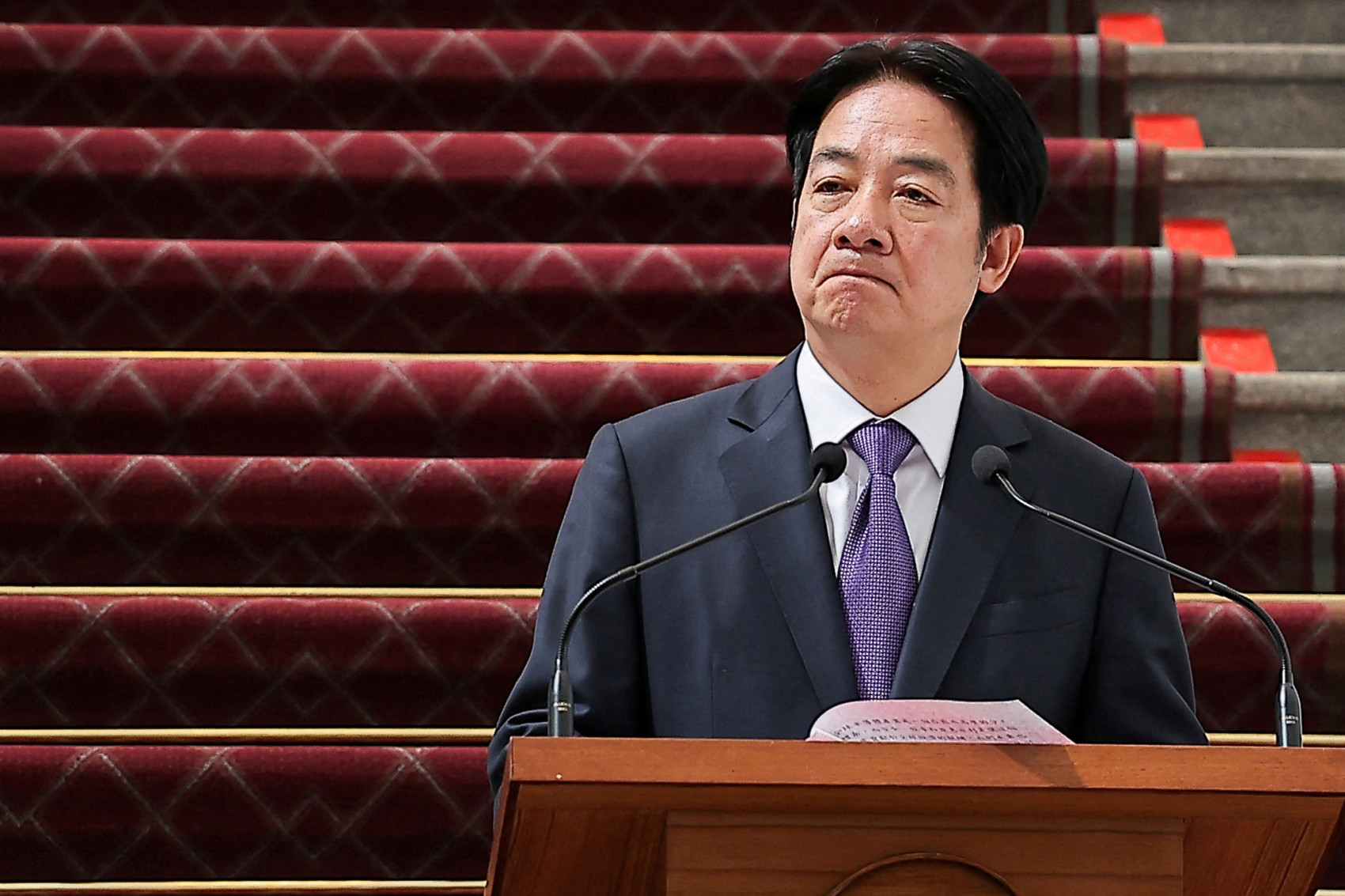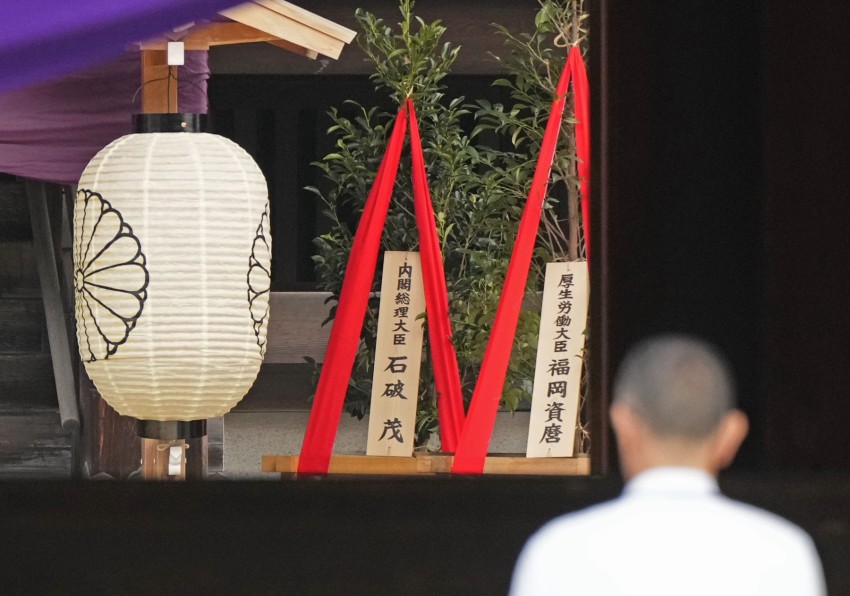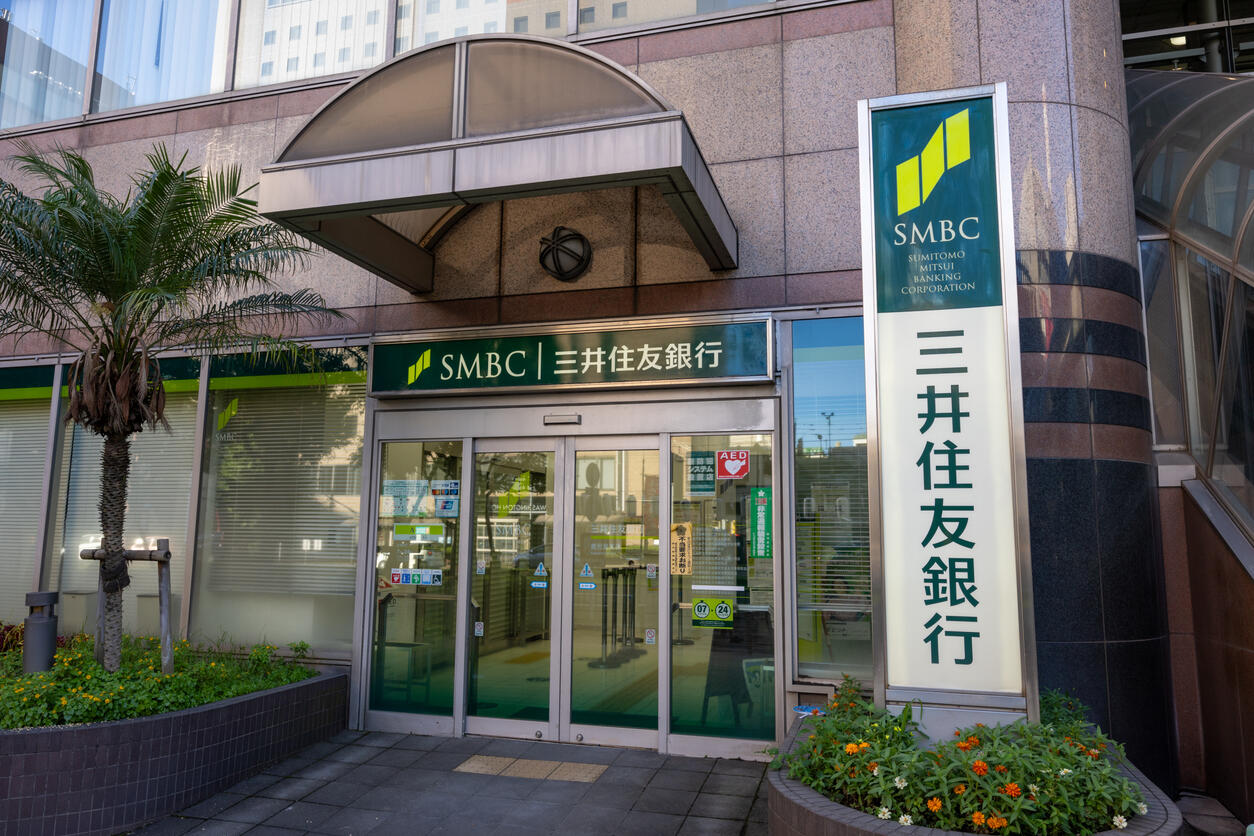Campaigning kicks off in Japan for Oct 27 general election
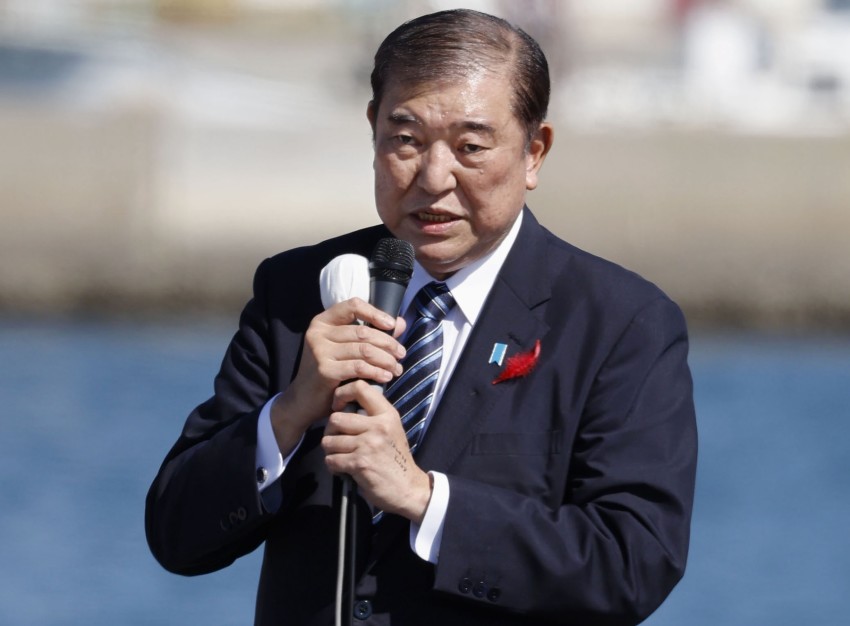
Official campaigning began across Japan on Tuesday for the Oct 27 general election as Prime Minister Shigeru Ishiba seeks a fresh mandate and to restore public trust in politics undermined by a slush funds scandal engulfing his ruling party.
Over 1,300 candidates are expected to vie for a total of 465 seats in the House of Representatives in the first contest since 2021 following its dissolution last week, only eight days after Ishiba took office.
The Liberal Democratic Party and its junior coalition partner Komeito are aiming to retain a combined majority in the lower house, or at least 233 seats, a relatively low hurdle given that the coalition had 288 seats before the race.
The main opposition Constitutional Democratic Party of Japan is hoping to realize a rare change of government in a country that has seen uninterrupted LDP rule for most of the postwar era. Its leader Yoshihiko Noda has criticized Ishiba for using the election to deflect public attention from the money scandal.
"We are heading into the election with deep remorse (over the scandal). This is going to be an election to revive Japan. I will create a new Japan," Ishiba said in Fukushima Prefecture, northeastern Japan.
Ishiba has faced criticism from opposition leaders who see the 67-year-old premier as having reneged on his promise to spare enough time for parliamentary debate in the recently held extraordinary session without rushing to an election. The opposition had hoped for time to grill the LDP on the scandal.
His perceived backpedaling on his push for creating a NATO-like alliance in Asia and other policy goals that he set out during the ruling party's presidential race has also come under intense scrutiny, despite his denying that he has made an about-face.
Winning back trust is a top priority for the LDP after revelations that party members had failed to report income from fundraising properly.
While the LDP withdrew its official endorsements of those implicated in the scandal, opposition lawmakers are critical of the way the ruling party has handled the issue.
"Let's break away from the LDP," Noda told a crowd in Tokyo, likening the ruling party scandal to a "tax evasion" case.
The scandal, which ultimately cost Ishiba's predecessor Fumio Kishida his premiership, remains a key factor for voters, with over 65 percent of respondents in a recent Kyodo News survey saying that they would consider it when they vote. Still, the LDP appears to be the top choice for voters, according to the poll.
In the election, each voter casts two ballots, one to choose a candidate in a single-seat constituency and the other to select a party for proportional representation.
Japan has 289 single-seat districts and 11 proportional representation blocks. A record number of women are competing in the race, according to a Kyodo News tally.
The rising cost of living is another key issue, with the ruling and opposition parties stressing the need for supporting households.
The LDP is placing emphasis on government support for households reeling from rising living costs, including a plan to give cash handouts to low-income families, while the CDPJ is calling for boosting the middle class by promoting pay hikes and investment in human capital.
Ishiba is hoping to get a vote of confidence to forge ahead with his policy agenda to make regional economies more vibrant and the disaster-prone nation more resilient. Ishiba chose Fukushima to kick off his campaign, more than a decade after it was ravaged by the 2011 earthquake and tsunami that caused the worst nuclear accident since Chernobyl.
As a former defense minister, he has indicated that he seeks to build consensus on how Japan should cope with rising security threats from an assertive China and nuclear-armed North Korea and Russia.
The LDP's campaign promises do not include any explicit mention of his vision for a NATO-like alliance and a revision to the bilateral agreement with the United States defining how U.S. troops stationed in Japan should operate.
In an apparent bid to draw a sharp contrast with the LDP, the CDPJ pledges to ensure that married couples can use different surnames "at an early date," an issue that has divided the conservative ruling party.
Still, uncertainty remains over how much headway a fractured opposition camp can make.
The CDPJ, the Japan Innovation Party, the Japanese Communist Party and the Democratic Party for the People have agreed to field unified candidates in just 52 of the 289 single-seat districts.


